As the global population increases, the demand for agricultural products continues to rise. To meet this demand, farmers are constantly seeking innovative and efficient irrigation methods. One such method gaining popularity is the agriculture rain pipe. This unique irrigation technology has the potential to revolutionize farming practices by improving water distribution and minimizing water usage. In this article, we will explore the benefits of the agriculture rain pipe and its impact on modern agriculture. 1. Enhanced Water Efficiency: Water scarcity is a significant challenge in agricultural production. Conventional irrigation systems often result in excessive water usage, leading to inefficiencies and water wastage. Agriculture rain pipe, however, tackles this issue by utilizing drip irrigation techniques.
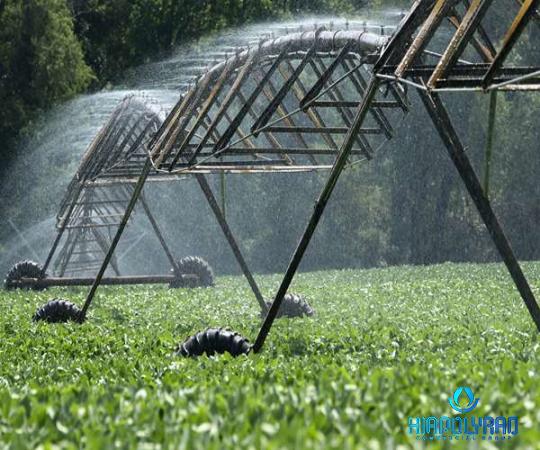
.
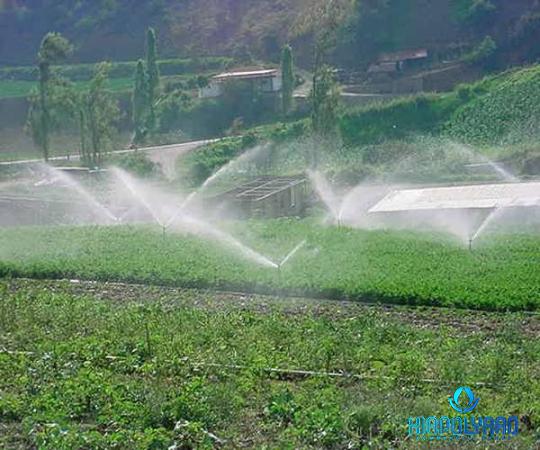 By slowly and precisely distributing water directly to the plant’s root zone, agriculture rain pipe ensures optimum water utilization. This advancement not only conserves water but also minimizes runoff and decreases the likelihood of soil erosion. 2. Uniform Water Distribution: One of the major advantages of the agriculture rain pipe is its ability to distribute water uniformly across the field. Unlike traditional irrigation methods that can result in uneven water distribution, the agriculture rain pipe ensures consistent watering for every plant. This uniform distribution reduces the risk of overwatering in some areas while under-watering others, ultimately leading to improved crop health and increased yields. 3. Flexibility and Versatility: Agriculture rain pipes are designed to be flexible, making them adaptable to various field configurations and crop arrangements. Their ability to be easily adjusted to fit any farming system offers great convenience to farmers.
By slowly and precisely distributing water directly to the plant’s root zone, agriculture rain pipe ensures optimum water utilization. This advancement not only conserves water but also minimizes runoff and decreases the likelihood of soil erosion. 2. Uniform Water Distribution: One of the major advantages of the agriculture rain pipe is its ability to distribute water uniformly across the field. Unlike traditional irrigation methods that can result in uneven water distribution, the agriculture rain pipe ensures consistent watering for every plant. This uniform distribution reduces the risk of overwatering in some areas while under-watering others, ultimately leading to improved crop health and increased yields. 3. Flexibility and Versatility: Agriculture rain pipes are designed to be flexible, making them adaptable to various field configurations and crop arrangements. Their ability to be easily adjusted to fit any farming system offers great convenience to farmers.
..
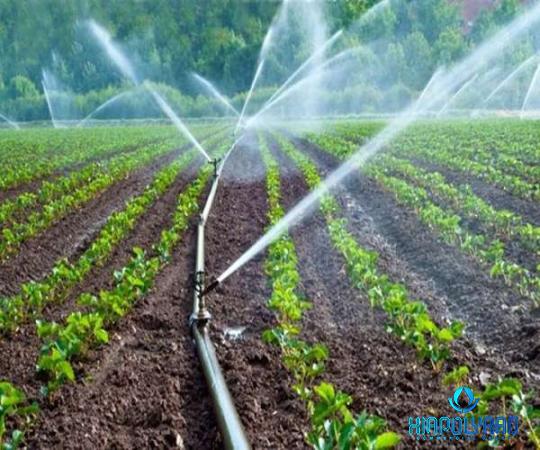 Additionally, these pipes can be moved, extended, or retracted as needed, allowing for efficient use in different farming operations. This flexibility also enables farmers to save costs and resources by irrigating precisely where it is needed, preventing water losses due to evaporation or wind drift. 4. Time and Labor Savings: Traditional irrigation methods often require significant manual labor and time to set up and maintain irrigation systems. In contrast, agriculture rain pipe systems are easy to install and require minimal maintenance. The simplicity of the technology allows farmers to spend more time on other critical farming activities, boosting overall productivity and operational efficiency. 5. Environmentally Friendly: Environmentally conscious farming practices are gaining traction globally, and agriculture rain pipe systems align perfectly with these principles. By utilizing drip irrigation techniques, water wastage and energy consumption are significantly reduced.
Additionally, these pipes can be moved, extended, or retracted as needed, allowing for efficient use in different farming operations. This flexibility also enables farmers to save costs and resources by irrigating precisely where it is needed, preventing water losses due to evaporation or wind drift. 4. Time and Labor Savings: Traditional irrigation methods often require significant manual labor and time to set up and maintain irrigation systems. In contrast, agriculture rain pipe systems are easy to install and require minimal maintenance. The simplicity of the technology allows farmers to spend more time on other critical farming activities, boosting overall productivity and operational efficiency. 5. Environmentally Friendly: Environmentally conscious farming practices are gaining traction globally, and agriculture rain pipe systems align perfectly with these principles. By utilizing drip irrigation techniques, water wastage and energy consumption are significantly reduced.
…
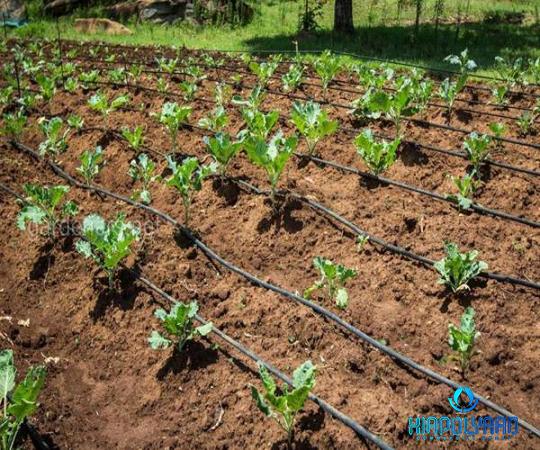 This technology also minimizes the need for harmful chemicals, as it directly targets the plant’s roots, preventing pests and diseases from spreading. Such eco-friendly practices not only benefit the environment but also improve the quality and safety of agricultural produce. Conclusion: The agriculture rain pipe offers a promising solution to the challenges faced by farmers today. Its water efficiency, uniform water distribution, flexibility, labor-saving benefits, and environmentally friendly nature make it an attractive option for modern agriculture. As the agriculture industry moves towards sustainable practices, the adoption of efficient irrigation technologies like the agriculture rain pipe will play a vital role in meeting the growing demand for food while conserving resources. Embracing this technology will not only benefit farmers but also contribute to a greener and more sustainable future.
This technology also minimizes the need for harmful chemicals, as it directly targets the plant’s roots, preventing pests and diseases from spreading. Such eco-friendly practices not only benefit the environment but also improve the quality and safety of agricultural produce. Conclusion: The agriculture rain pipe offers a promising solution to the challenges faced by farmers today. Its water efficiency, uniform water distribution, flexibility, labor-saving benefits, and environmentally friendly nature make it an attractive option for modern agriculture. As the agriculture industry moves towards sustainable practices, the adoption of efficient irrigation technologies like the agriculture rain pipe will play a vital role in meeting the growing demand for food while conserving resources. Embracing this technology will not only benefit farmers but also contribute to a greener and more sustainable future.

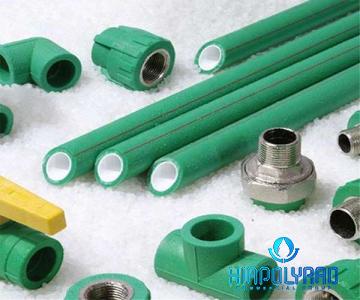
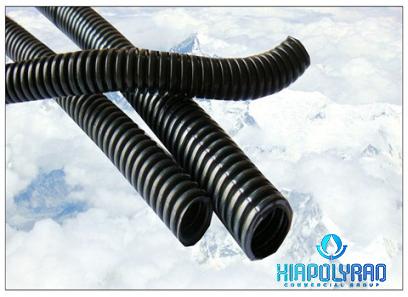
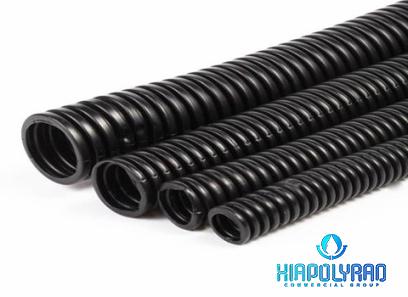
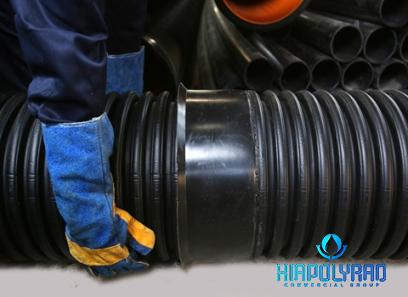
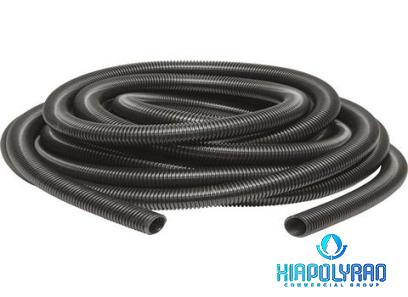

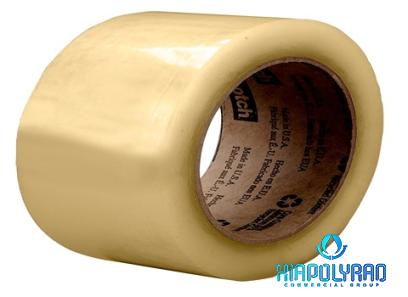
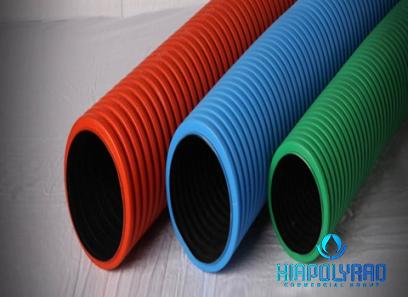
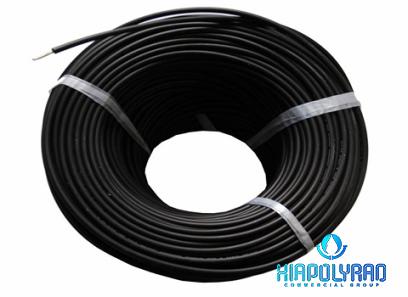
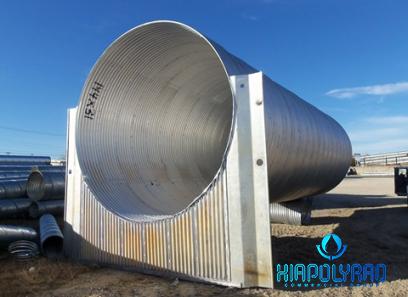
Your comment submitted.